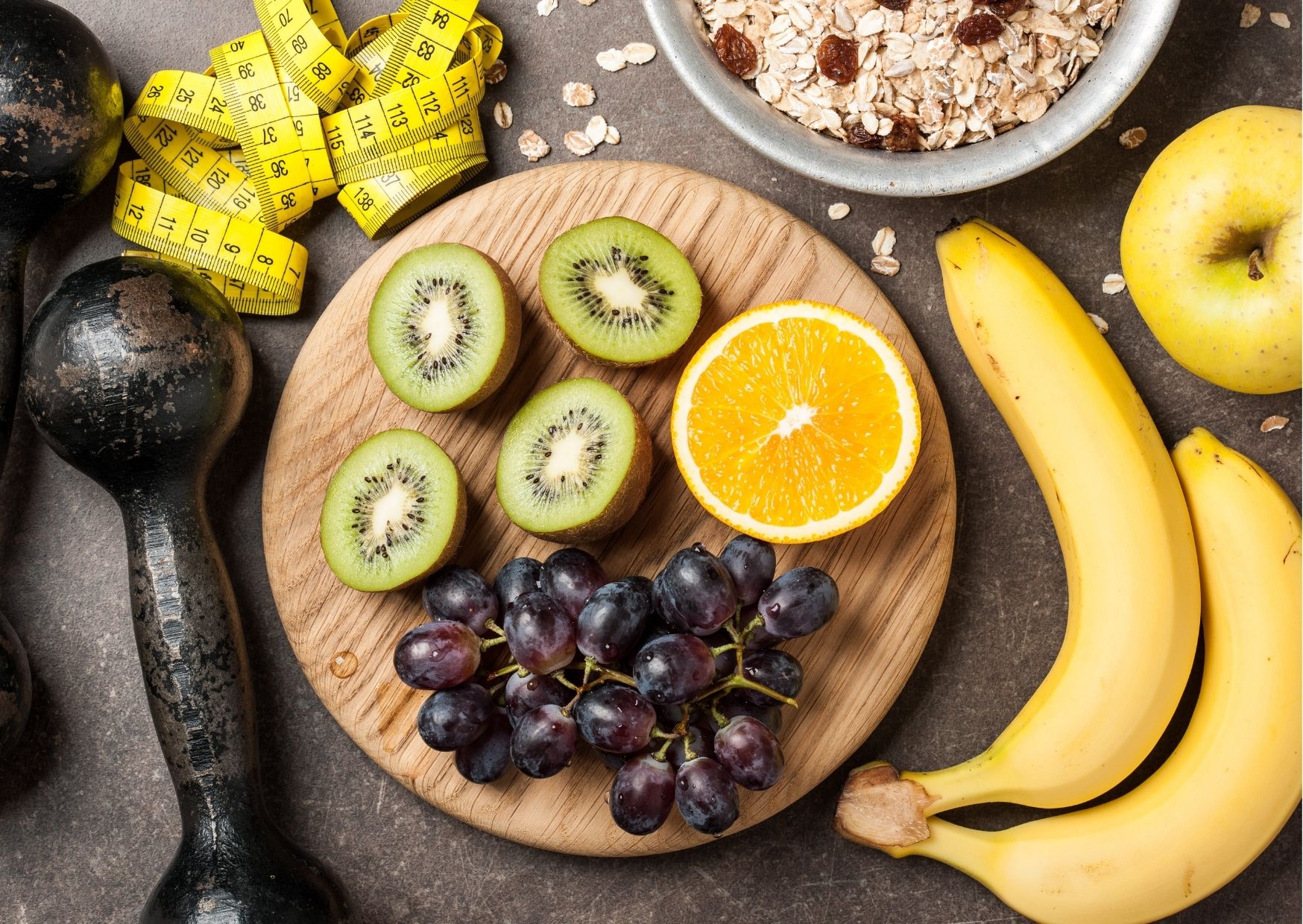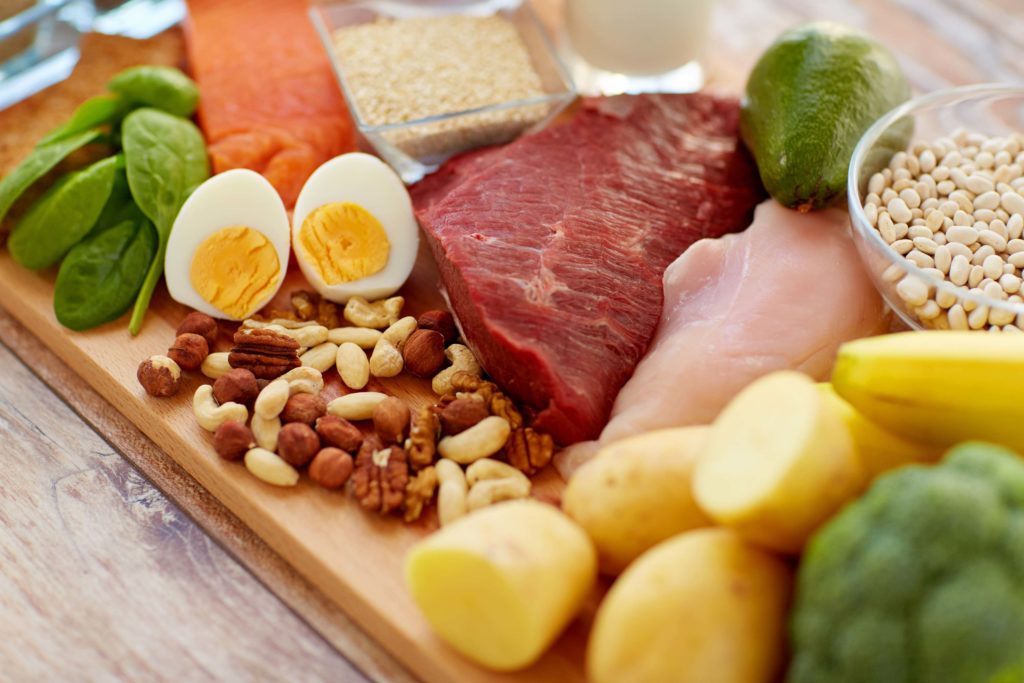So you can recover faster with clever nutrition

If you train a lot and regularly, you have to weigh carefully: How long does my body need regeneration? The performance will only increase if you follow the principle of supercompensation. If you want to recover faster, clever nutrition can be a great help.
How nutrition influences recovery
Depending on the type of training, the organism needs different lengths of time to recover. After a purely aerobic load, it usually takes just a few hours; after intensive strength training up to 48 hours, after a challenging and highly intensive interval training, it can be up to 72 hours. If you train several times a week or even daily, you need to know your body. Otherwise, there is a risk of overtraining. But not only the training itself plays a role. Also, professional and private situations, sleep quality, and nutrition are essential.
Compensating the protein deficiency to recover faster
Those who train hard and eat poorly or wrong will get into an overtraining condition faster. Because the energy is lacking through the right foods, the energy stores empty even quicker. In particular, a lack of protein has a negative effect. Because the need for proteins is not covered, the muscle structures damaged by the training cannot regenerate again. Likewise, a lack of carbohydrates harms intensive anaerobic training.

Recover faster with the right foods
Recent studies show that it makes sense to eat up to three grams of protein per kilogram of body weight in intensive training phases. The best sources of protein are dairy products, legumes, and beef. Who trains more than 90 minutes with an intensity of over 70 percent must pay attention to replenish the carbohydrate reservoirs. Carbohydrates are also able to push the immune system. This is weakened up to 24 hours after a hard workout. The best sources of carbohydrates are whole grain rice, whole grain noodles, whole grain bread, oat flakes, and sweet potatoes.
Insider tip for hard training phases: glutamine
Glutamine is a non-essential amino acid. The body cannot produce itself. In times of high training intensity, you need much more glutamine. However, the body is no longer able to have enough itself. The immune system suffers from this. Usually, the body needs about ten grams daily; competitive athletes need four times that amount. Cheese and dairy products are the best sources. It can make sense to take glutamine as a dietary supplement during strenuous training. However, this should be discussed with your doctor.

Polyunsaturated fatty acids to recover faster
After hard training sessions, the need for polyunsaturated fatty acids is significantly increased. Omega-3 and omega-6 fatty acids are essential. They prevent inflammation and injury and shorten the regeneration phase. The best omega-3 sources are sea fish, walnuts, linseed, linseed oil, rapeseed oil, chia seed, and hemp seed. The best Omega 6 sources are safflower oil, walnuts, margarine, poppy seeds, sunflower seeds, linseed oil, walnut oil, soya oil, and sunflower oil.
1 thought on “So you can recover faster with clever nutrition”